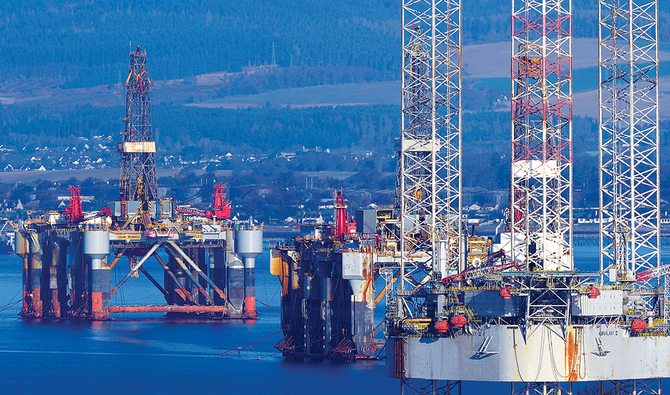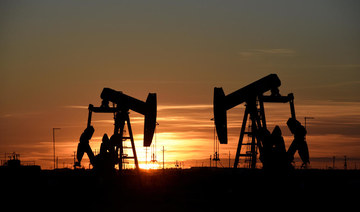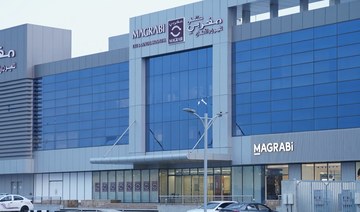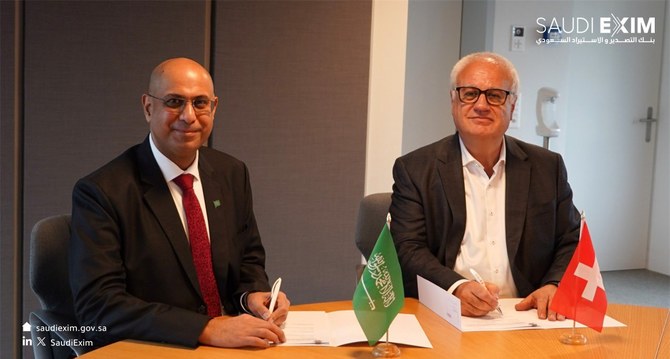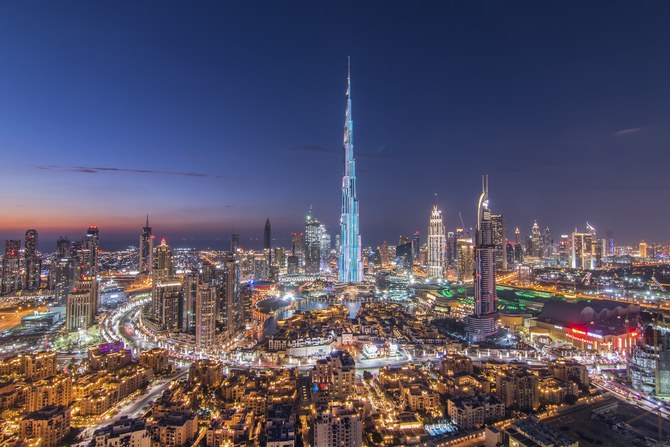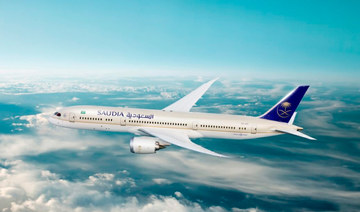PARIS: Although crude prices have rebounded from coronavirus crisis lows, oil execs and experts are starting to ask if the industry has crossed the Rubicon of peak demand.
The plunge in the price of crude oil during the first wave of coronavirus lockdowns — futures prices briefly turned negative — was due to the drop in global demand as planes were parked on tarmacs and cars in garages.
The International Energy Agency (IEA) forecast that average daily oil demand will drop by 8 million barrels per day this year, a decline of around 8 percent from last year.
While the agency expects an unprecedented rebound of 5.7 million barrels per day next year, it still forecasts overall demand will be lower than in 2019 owing to ongoing uncertainty in the airline sector. Some are questioning whether demand will ever get back to 2019 levels.
“I don’t think we know how this is going to play out. I certainly don’t know,” BP’s new CEO Bernard Looney said in May.
The COVID-19 pandemic was in full swing then with most planes grounded and white-collar workers giving up the commute to work from home.
“Could it be peak oil? Possibly. I would not write that off,” Looney told the Financial Times.
The concept of peak oil has long generated speculation.
Mostly, it has been focused on peak production, with experts forecasting that prices would reach astronomical levels as recoverable oil in the ground runs out.
But in recent months, the concept of peak demand has come into vogue, with the coronavirus landing an uppercut into fuel demand for the transportation sector followed by a knockout punch from the transition to cleaner fuels.
Michael Bradshaw, professor at Warwick Business School, said environmental groups are already lobbying to prevent the Paris agreements becoming another casualty of the pandemic, stressing the need for a Green New Deal for the recovery.
“If they are successful, demand for oil might never return to the peak we saw prior to COVID-19,” he said in comments to journalists.
The transport sector may never fully recover, Bradshaw posited.
“After the pandemic, we might have a different attitude to international air travel or physically going into work,” he said.
Other experts say we haven’t reached the tipping point yet, and might not for a while.
“Many people have said, including some CEOs of some major companies, with the lifestyle changes now to teleworking and others we may well see oil demand has peaked, and oil demand will go down,” IEA executive director Fatih Birol said recently.
“I don’t agree with that. Teleconferencing alone will not help us to reach our energy and climate goals, they can only make a small dent,” Firol added while unveiling a recent IEA report.
Moez Ajmi at consulting and auditing firm E&Y dismissed as “science fiction” the idea that a definitive drop in oil demand could suddenly emerge.
He expects a slow recovery in demand even if the coronavirus leaves the global economy weakened.
That weakness would also likely slow adoption of greener fuels.
“It will take time for fossil fuels, which today still account for some 80 percent of primary global consumption to face real competition” from rival energy sources, he said.
Meanwhile, the oil industry could face financing challenges.
Bronwen Tucker, an analyst at Oil Change International, says the industry is now under pressure from investors.
After “a pretty big wave of restrictions on coal and some restrictions on oil and gas, the risks to oil and gas investment right now feel a lot more salient,” she said.
The industry is already writing down the value of assets to face up to the new market reality of lower demand and prices.
Royal Dutch Shell said this past week that it will take a $22 billion charge as it reevaluates the value of its business in light of the coronavirus.
Last month, rival BP reduced the worth of its assets by $17.5 billion.
“This process has further to run, and we expect further large impairments to occur across the sector,” said Angus Rodger of specialist energy consultancy Wood Mackenzie.



